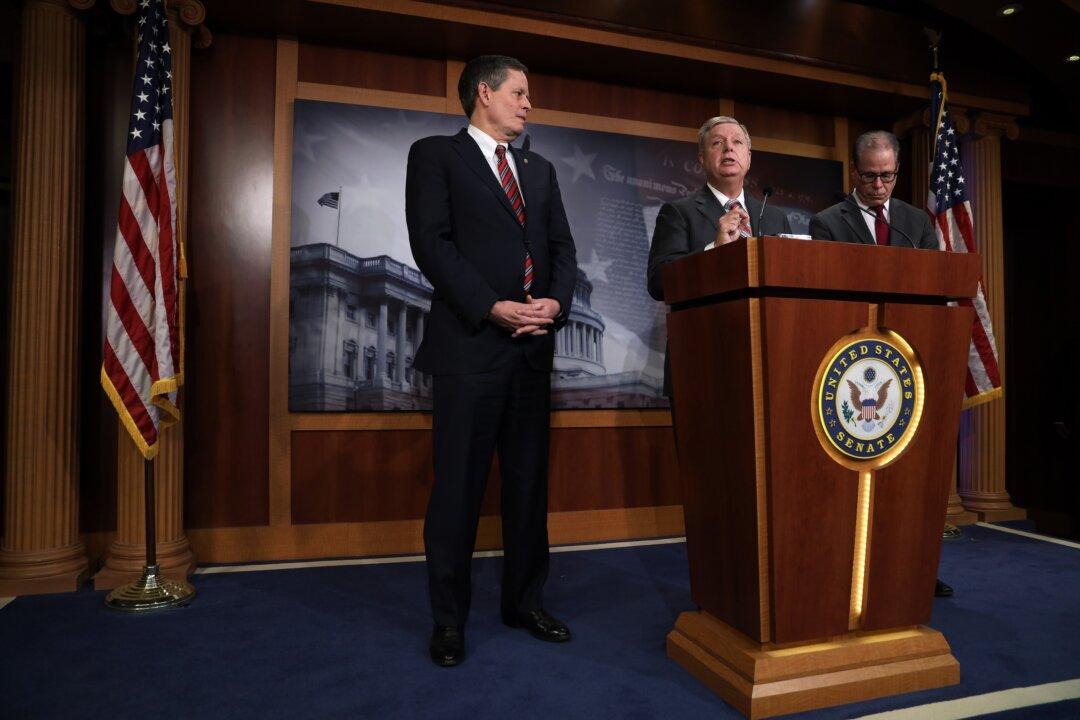Prominent Republicans are advising the Department of Justice (DOJ) to not pursue a criminal investigation of former President Donald Trump after the Jan. 6 Committee announced its intention to launch such a probe. Republicans say the move will focus on the wrong issues and will come off as a “politically driven” decision.
In a March 2 legal brief, the Jan. 6 Committee stated that because of his efforts to challenge the results of the 2020 election—which many have argued was rife with voter fraud—Trump “may have engaged in criminal and/or fraudulent acts.”





